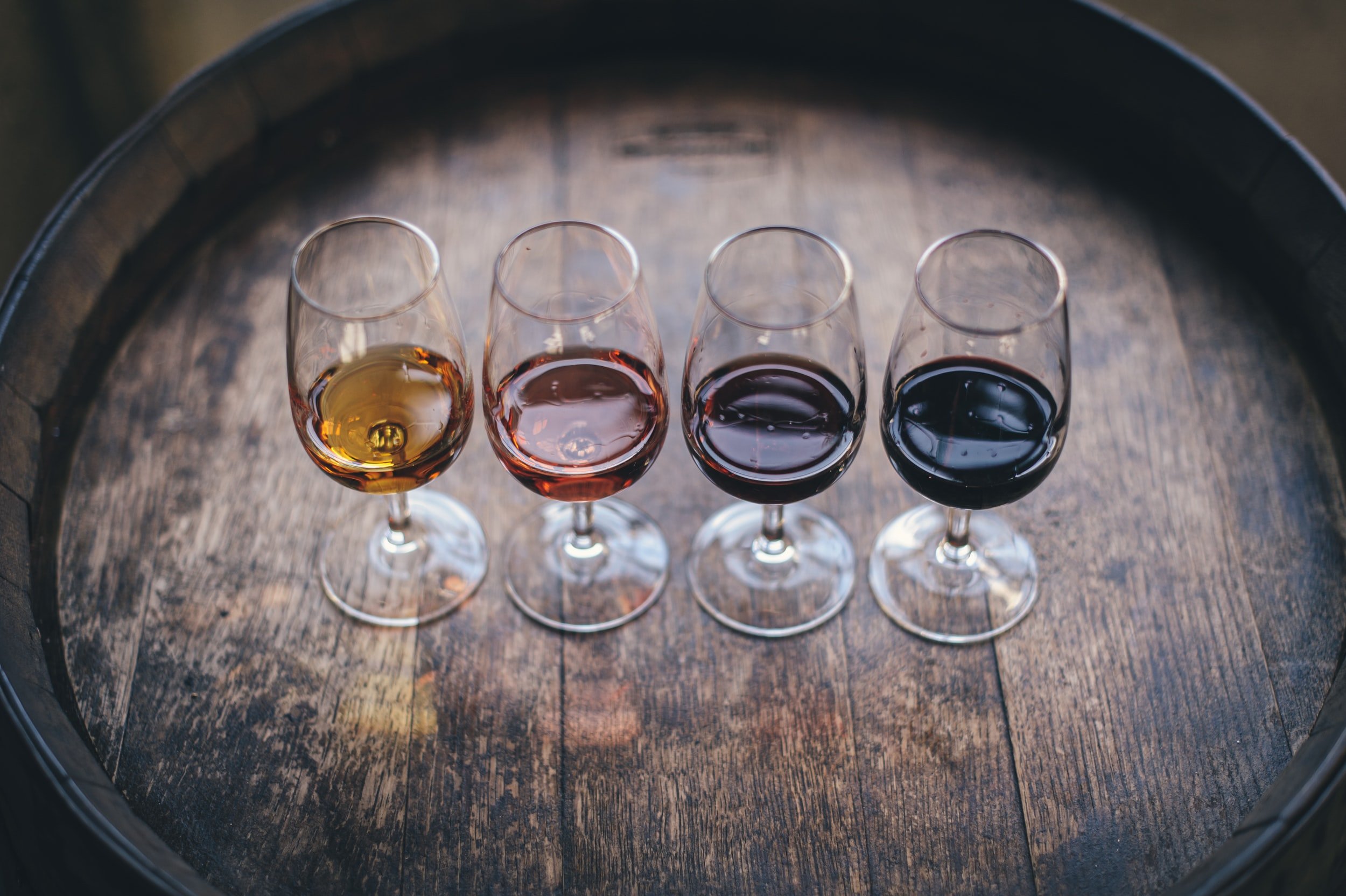Is There a Need to Refrigerate Wine?
Ahhhh… you’ve opened your favorite bottle of wine. What now?
Although there's a popular misconception that wine improves with age, it does not have an indefinite shelf-life. In fact, 99% of the wine produced in the world is purchased by people who intend to consume it within five years. However, after a bottle of wine has been opened, its quality can fade fast.
When a bottle of wine gets uncorked, the wine inside is exposed to the air, oxidizing it, and the resultant chemical changes cause a deterioration in flavor. However, this doesn’t mean wine must be refrigerated.
A lot of opened wines can remain unspoiled for a week without the need for refrigeration, but it's important always to remember to replace the cork. However, placing a partially used bottle of wine inside the refrigerator is unlikely to help the wine inside keep any longer, and unopened bottles of wine should not be refrigerated at all.
Your Wine Preference Matters
A lot of wine drinkers refrigerate opened bottles of white wine but store their opened bottles of red wine at room temperature. That’s not because white and red wine necessarily have different needs; it's merely a matter of taste.
The majority of wine drinkers prefer to drink their white wine chilled and find red wine tastes better at room temperature. Sparkling white wines do tend to keep better in the refrigerator, though, and replacing the cork is especially important to help prevent the bubbles from dissipating. However, it's probably best not to leave the bottle sitting there for longer than three to four days.
Storing Wine for Longer Than a Week
If you want to enjoy your wine at its flavorsome best, you shouldn't be thinking about uncorking the bottle and then leaving it partially drunk for longer than a week. Wine always keeps better when the container is unopened and stored in a cool, dark place.
Not everyone has a wine cellar, but most people should be able to find a suitable place. Your wine will keep longer if you can find a location that has a constant temperature of 50 to 55° F (10 to 12.7 °C).
The orientation of the bottle is also an important consideration. Wine keeps better in containers stored flat on their sides, like they are in a traditional wine cellar, instead of standing up straight as they do on supermarket shelves.
When stored on its side, the wine keeps the cork moist. This prevents it from becoming so dry it shrinks or starts to develop tiny holes. If the cork fails, air will enter the bottle, and the wine will deteriorate fast.
So if you feel the need to refrigerate your wine, by all means, do so. But only do so when you know that you will be drinking it within a week.














You need a place where you can truly relax. These cabins will do the trick!